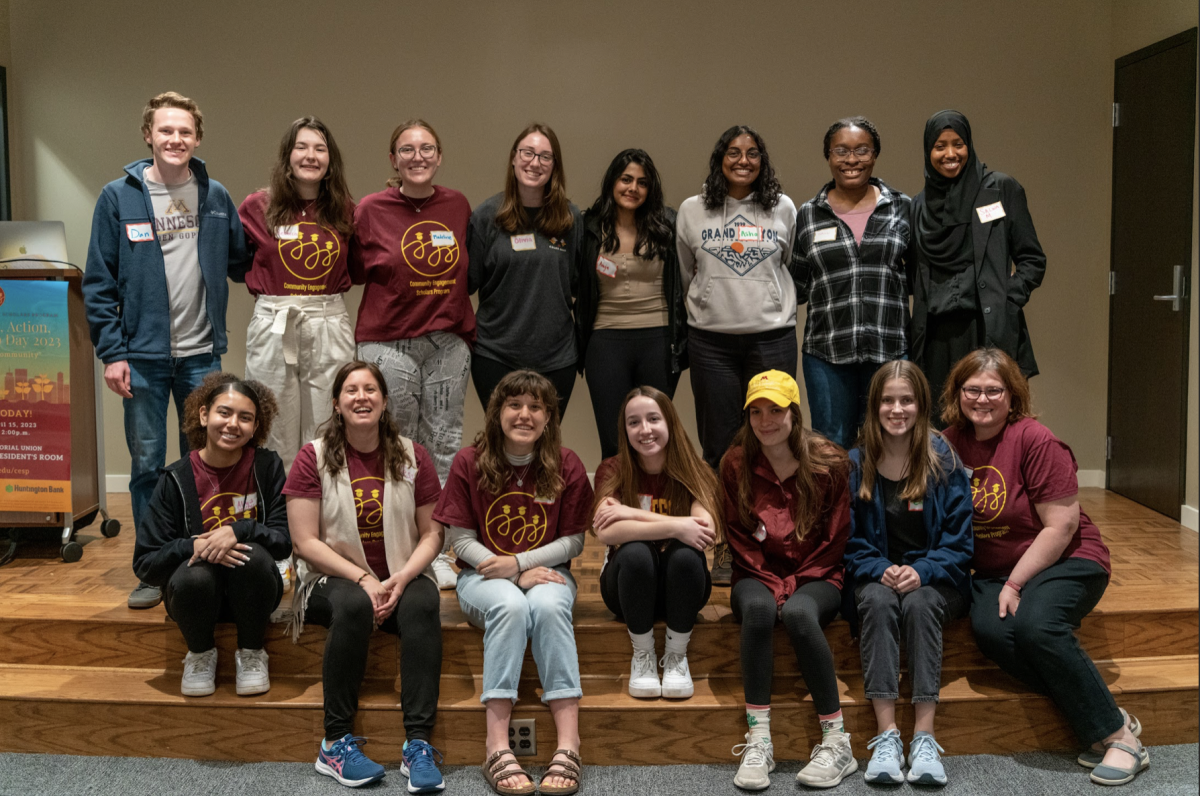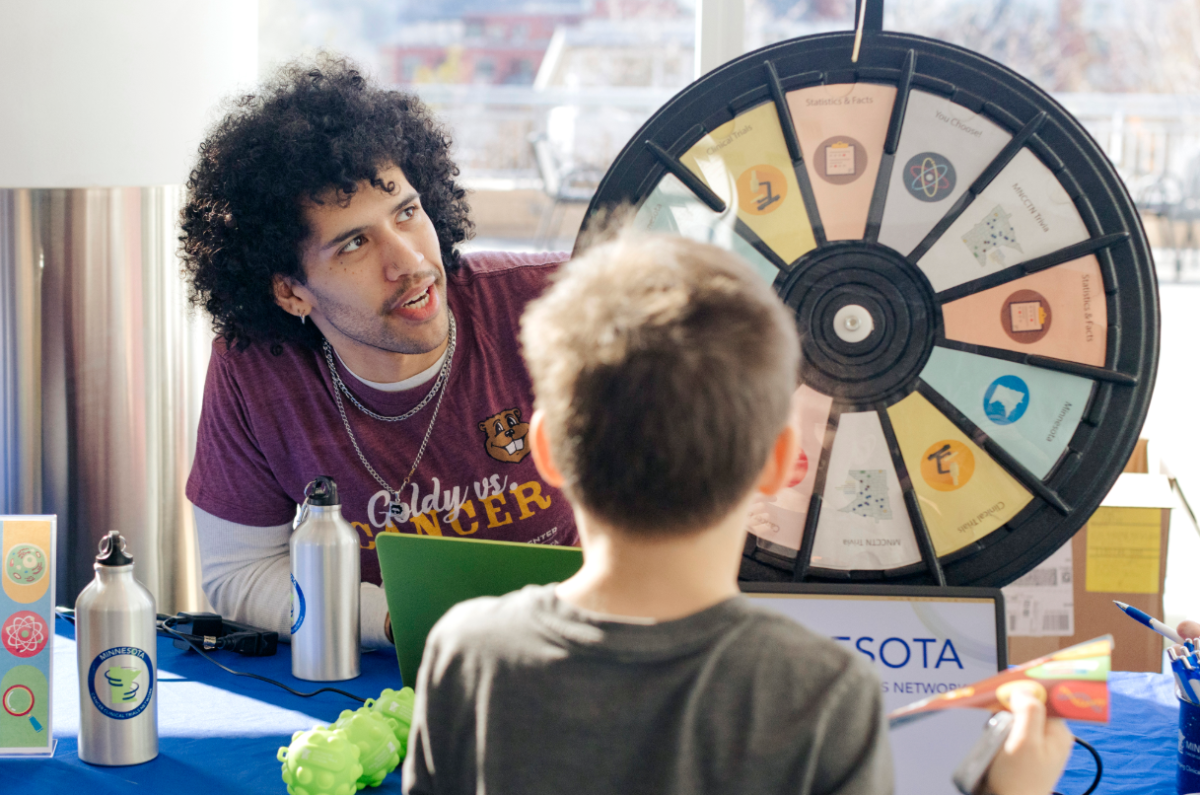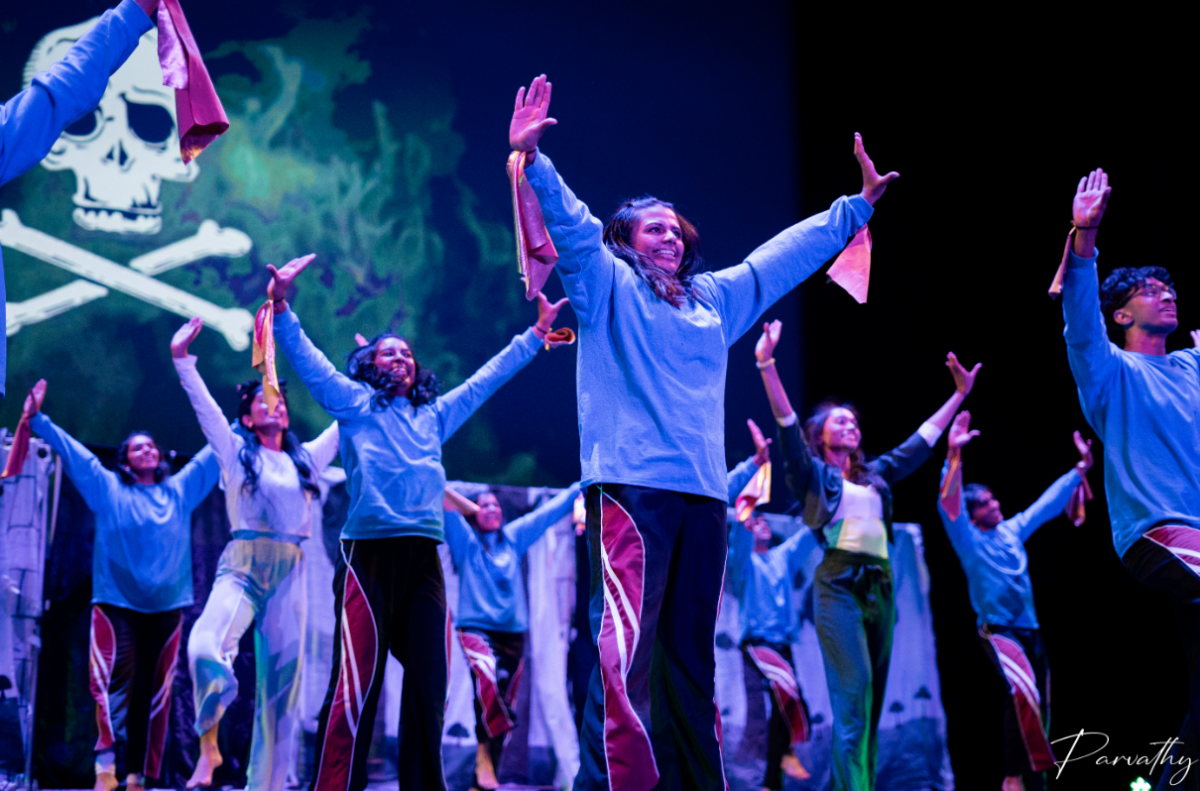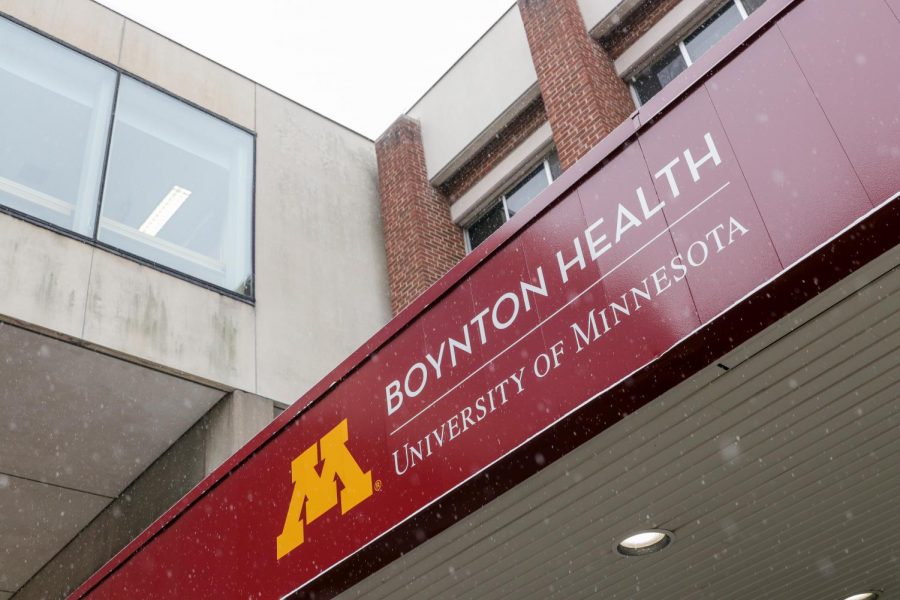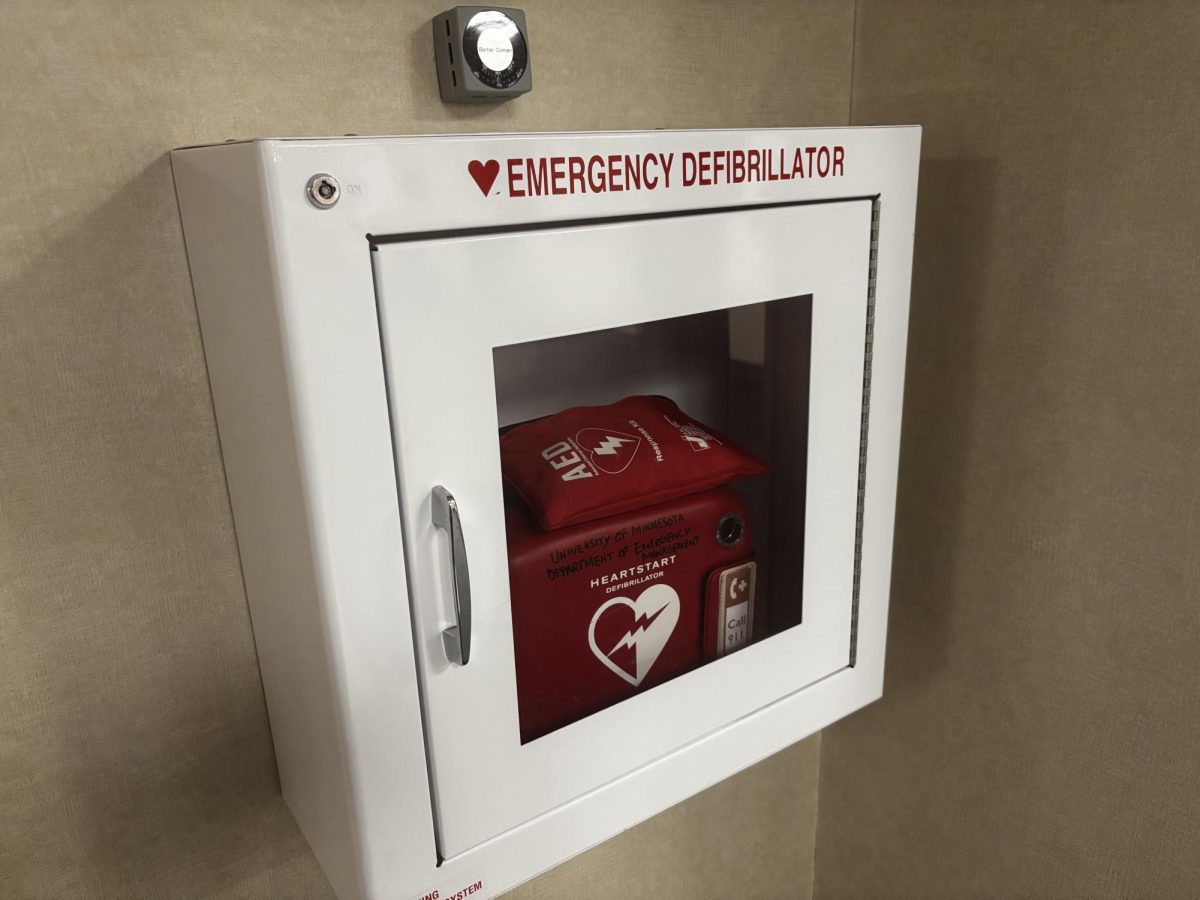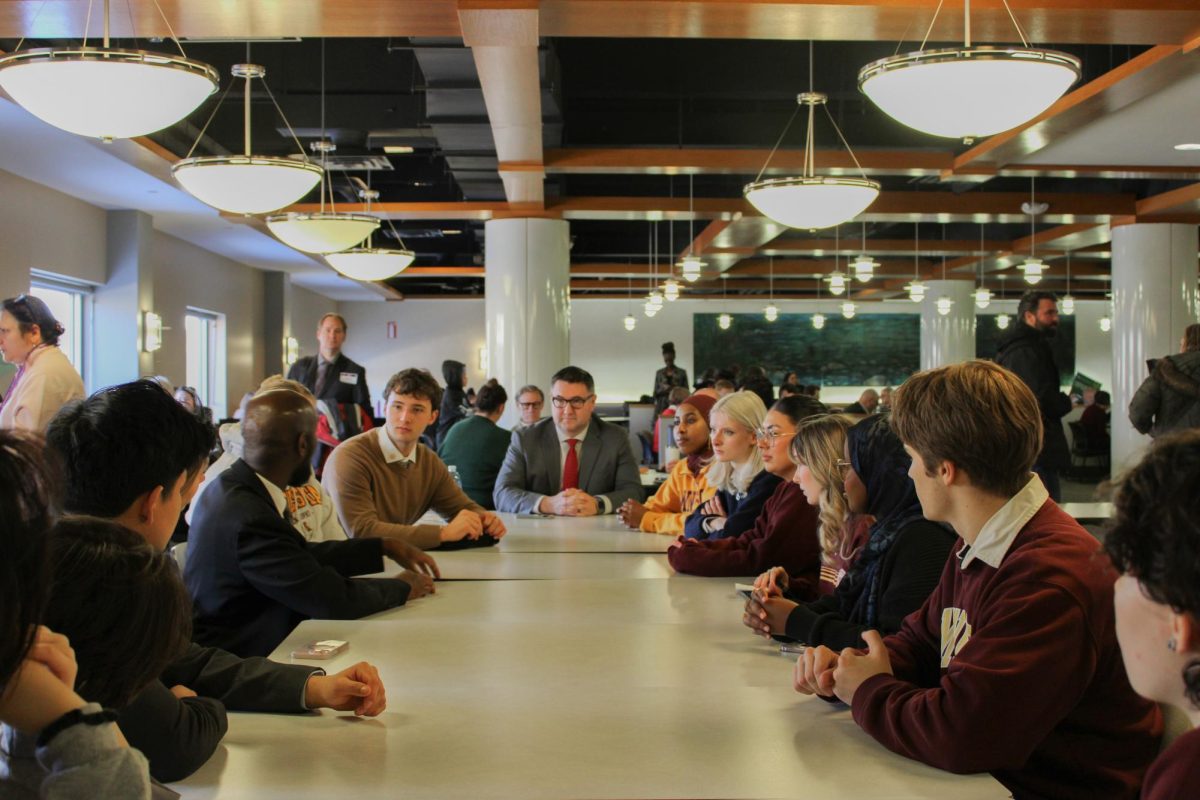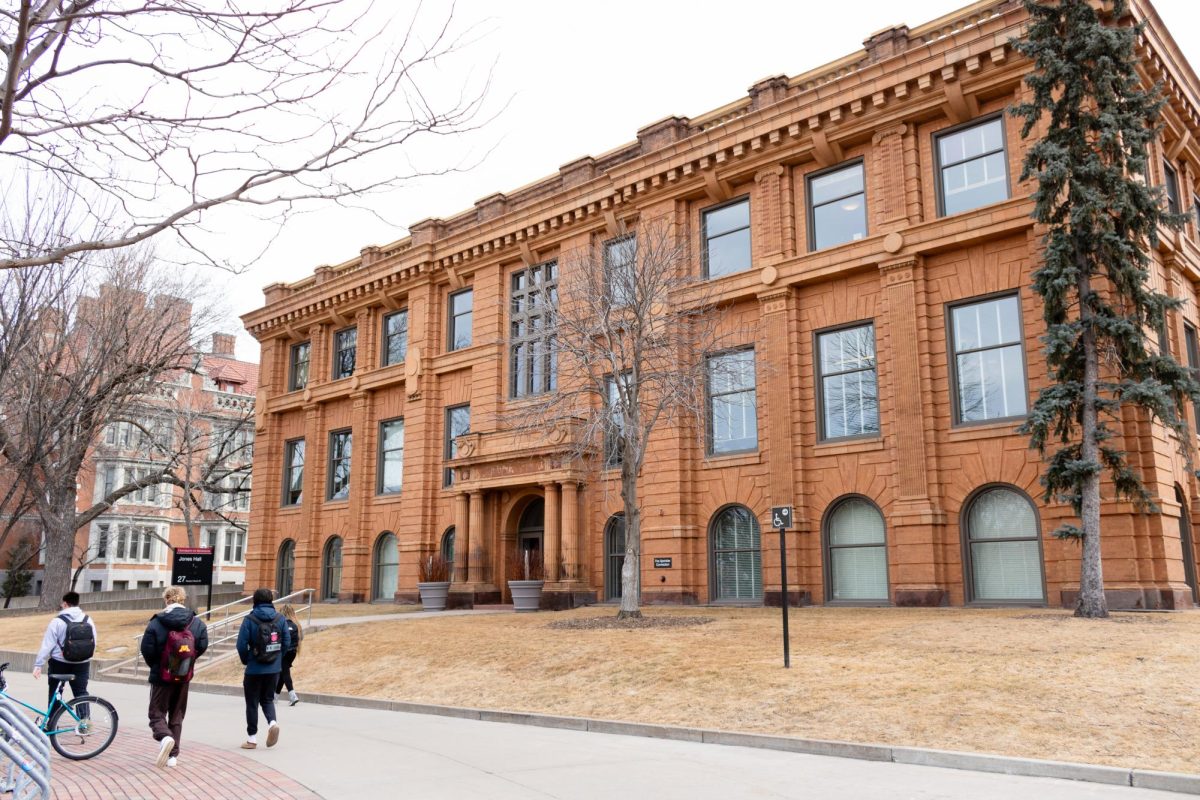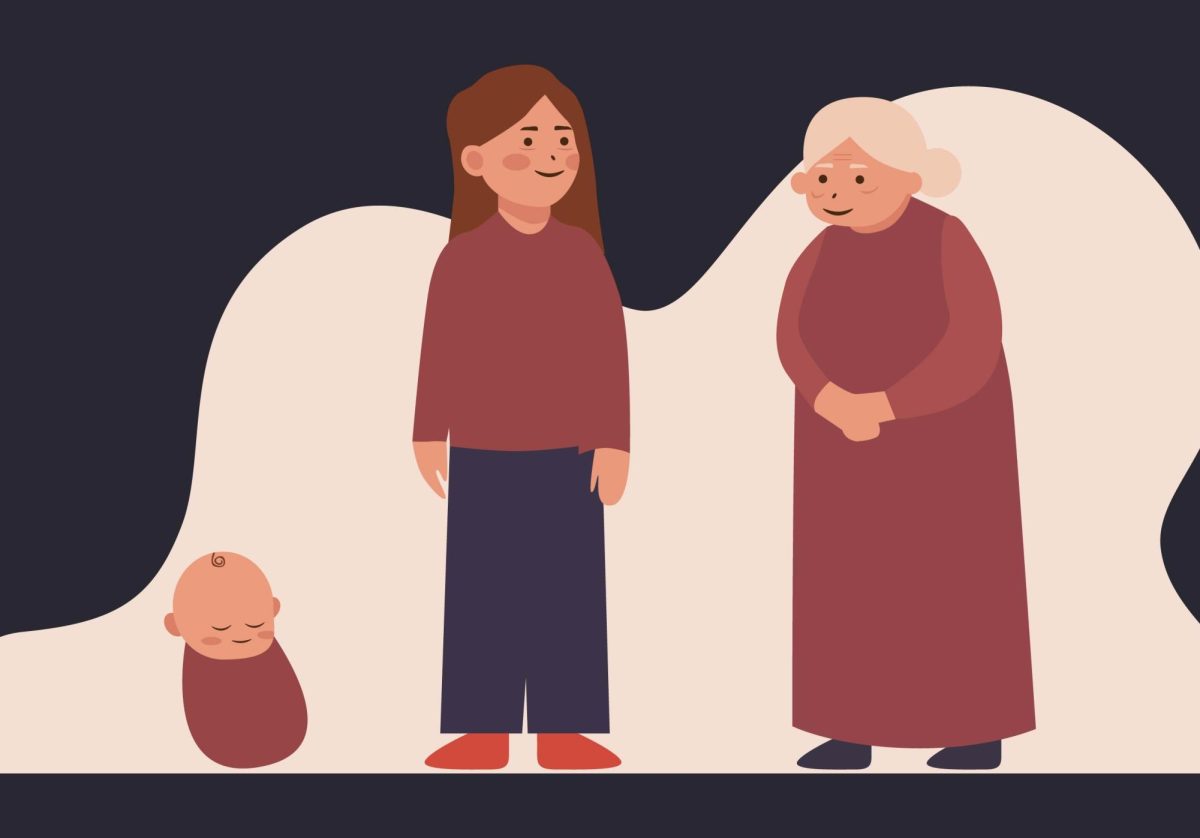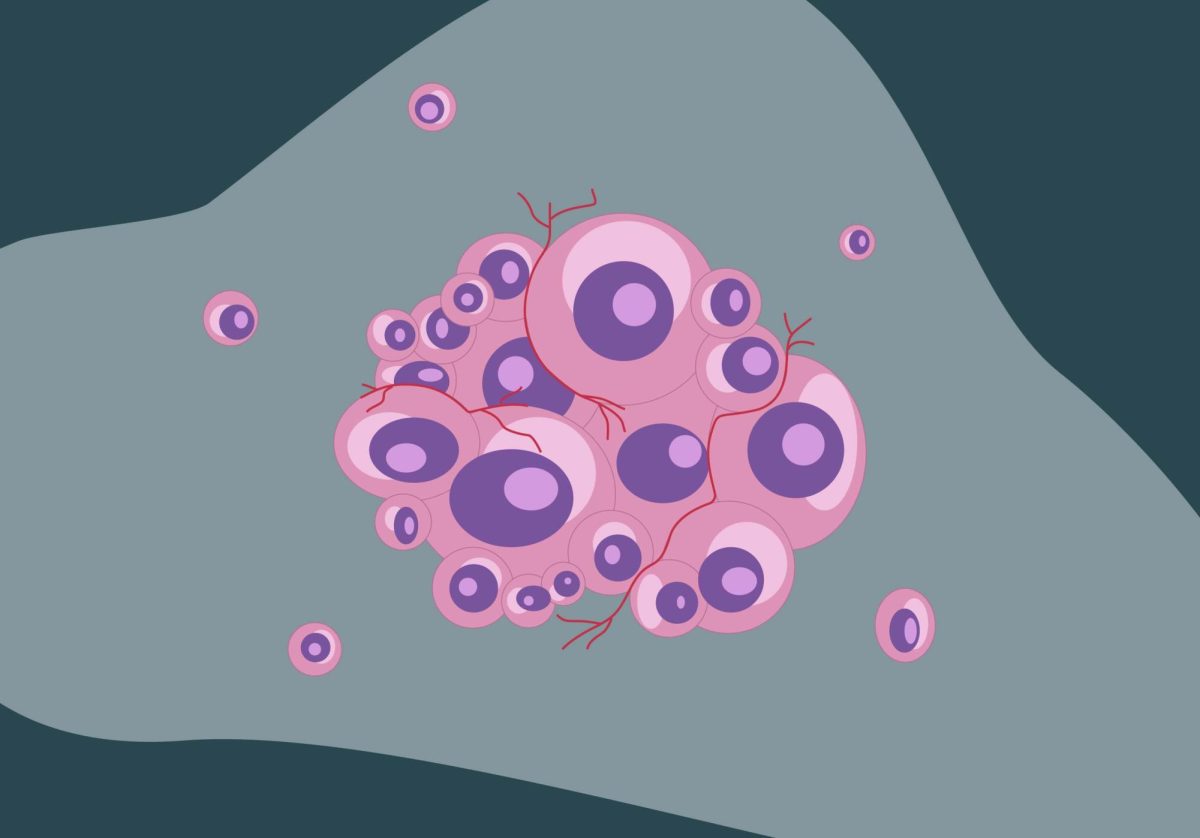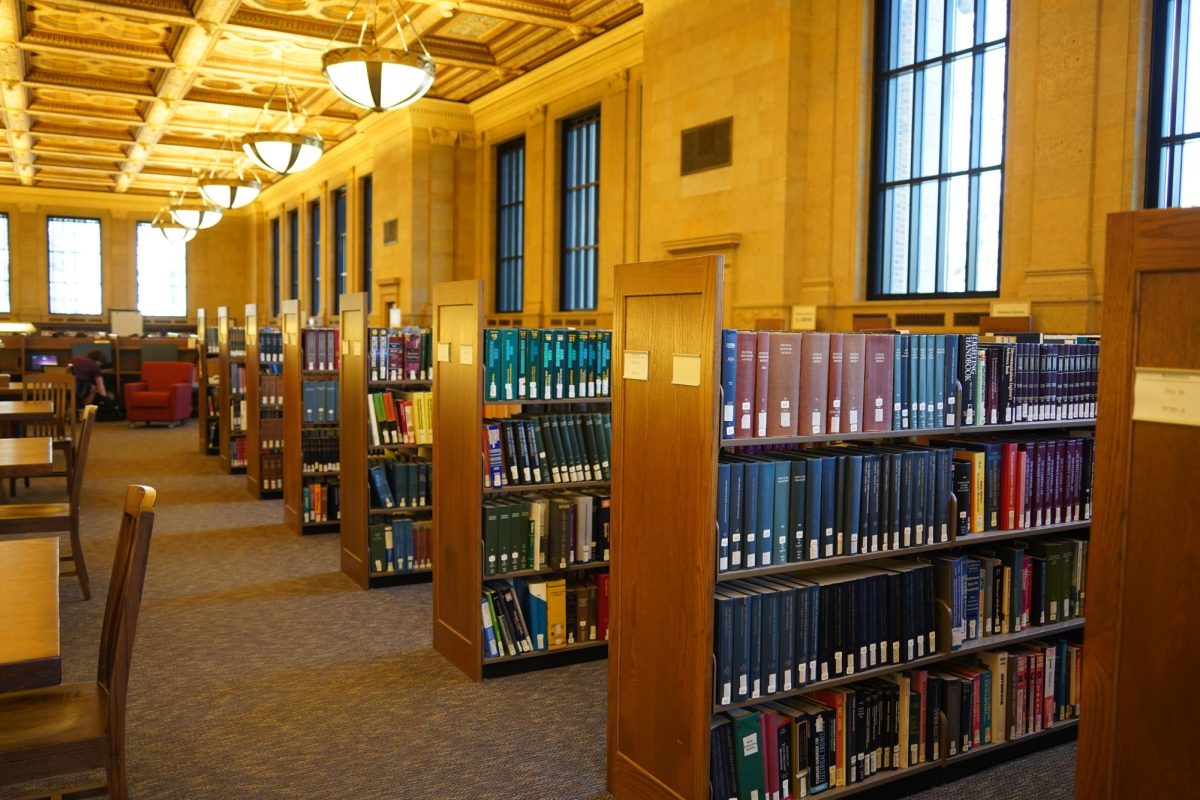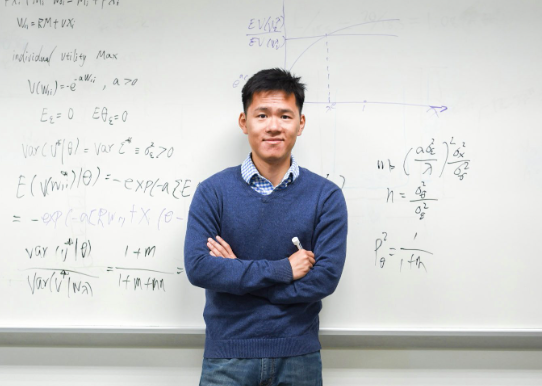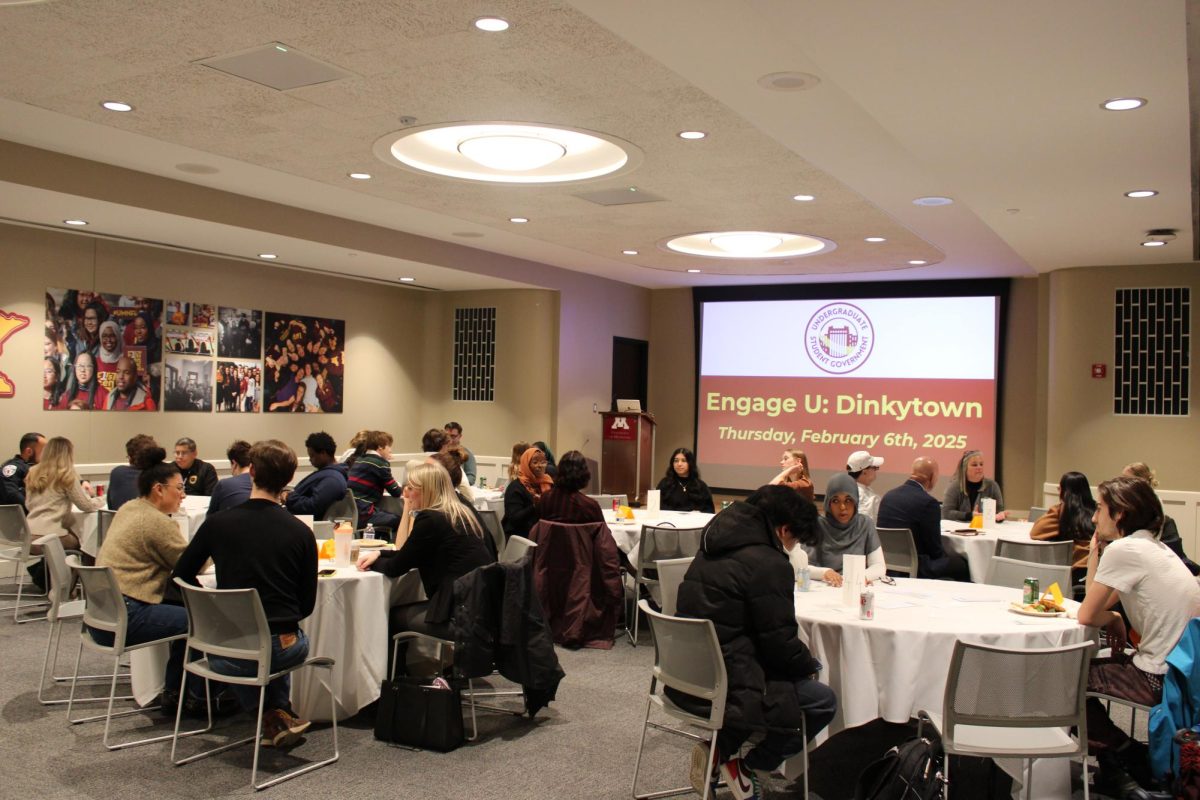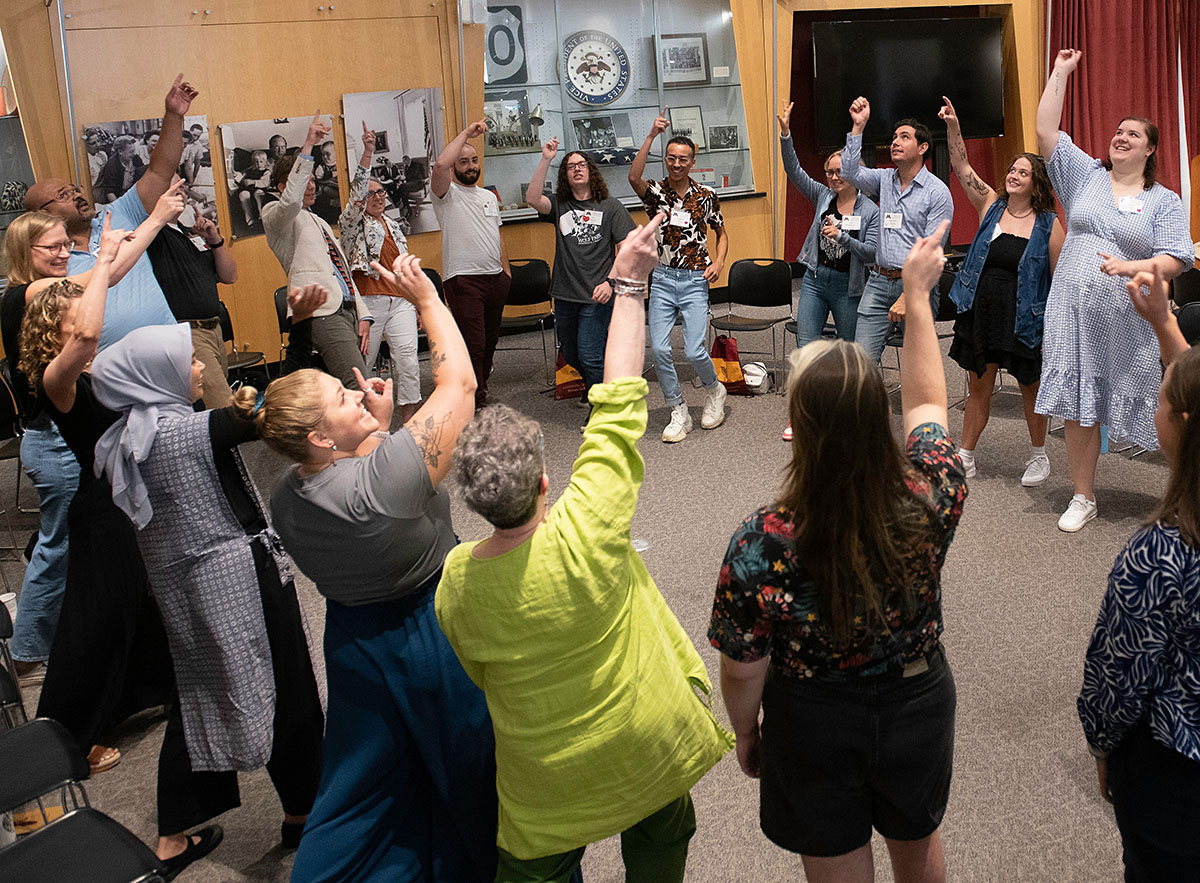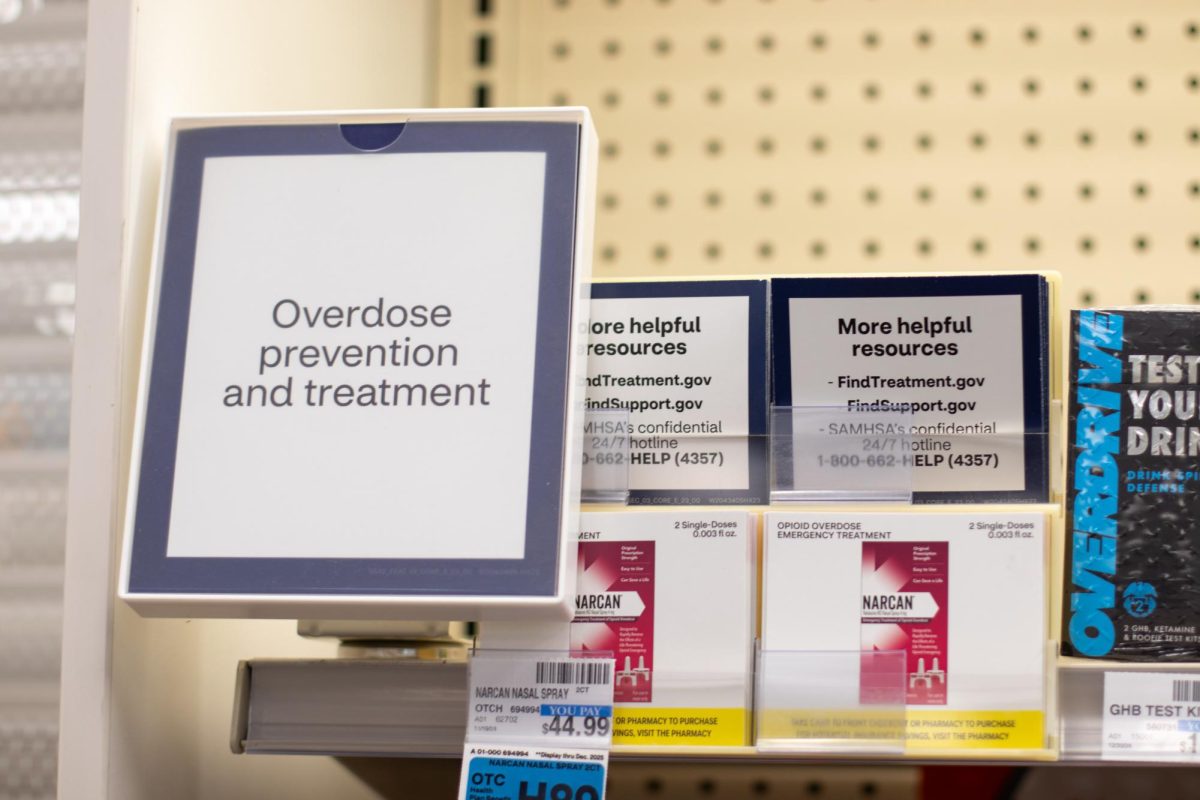The University of Minnesota’s Center for Community-Engaged Learning (CCEL) is working to assist University students and graduates to be more informed and active community members to strive toward a more just and equitable world.
CCEL’s mission is to work as an academic resource for students, faculty and staff who are seeking high-quality and impactful opportunities to engage with communities in their learning, teaching and research. They also assist their community partners who are seeking reciprocal relationships with the University, according to Laurel Hirt, the director of CCEL.
Part of CCEL’s work includes community-engaged learning classes and volunteer peer advising, according to Hirt, along with some larger programs like the Community Engagement Scholars Program, which allows community work to go on a student’s transcript, and the National Student Exchange, which allows students to study at another institution for up to a year to gain volunteer experience or internships in a new location.
“Our biggest area of reach is through our community-engaged learning courses, and it really depends on the course and the faculty how involved we are,” Hirt said.
CCEL will do anything from sitting down with a faculty member to help think through how their course is going to integrate community-engaged learning to helping them realize how their learning outcomes will be fulfilled through the experiences students have with CCEL, Hirt said.
“We also offer training opportunities that faculty can assign their students, or they can bring us in, and we can deliver to their needs in person,” Hirt said.

According to Hirt, CCEL has included the Social Change Wheel on its website to help students think about all the ways they can be involved in community engagement.
“Often when people think about volunteering, they think very narrowly, and it’s really not narrow,” Hirt said. “There’s lots and lots of things that fall under this umbrella that people can do.”
Professors, students and community partners explain CCEL’s benefits
Liora Elias, a communications professor who implemented CCEL into their public speaking courses, said it gave students an opportunity to apply public speaking in the community instead of only in class.
Elias added that engaging with the community in this way while in college can give many students a “leg up” when they graduate with job opportunities that can arise through the connections they develop.
There were a variety of community engagement projects Elias’ students were involved in through their course, and students were able to choose what they wanted to pursue. This included tutoring and working with after-school programs, art programs and advocacy groups.
“There are so many students who are going to learn better with experiential learning versus classroom learning,” Elias said. “It’s really an opportunity to apply the classroom learning to an actual physical space.”
Elias added that many students end up staying with their volunteer organization beyond the time of their classroom experience.
826 MSP, a community partner of CCEL, is a nonprofit youth writing center in South Minneapolis with a mission to amplify the voices and stories of K-12 students from various racial and ethnic backgrounds through writing, publishing and leadership programs.
Ellen Fee, the associate program director at 826 MSP, said the organization gets volunteers from CCEL, and they are usually involved in a class with a service learning component.
Student volunteers are typically involved with the after-school writing program called the “After-School Writing Lab”, or the at-school program at Minneapolis South High School called the “Writer’s Room.” Most student volunteers tutor within these programs, according to Fee.
“We get a lot of high schoolers who come in working on college or scholarship essays,” Fee said. “So for them to have a tutor who just did that and obviously did it successfully, can be really helpful for some of those high schooler students to see.”
Fee added that students come in for help with all kinds of homework from second-grade spelling to 10th-grade biology.
Aliya Freberg, a second-year student at the University, is the equity coordinator and a peer advisor for CCEL.
According to Freberg, peer advisors are responsible for helping students find volunteer opportunities in the Twin Cities they may be interested in.
“For my equity coordinator position, I’m essentially the office and student outreach coordinator in terms of equity education,” Freberg said. “I run workshops, initiatives and office meetings to make sure that everyone has an equity-minded mindset when going into the community and engaging.”
Freberg has been able to develop friendships with some of the other students she met through peer advising and added how special it has been to find a common passion for the community and social change. She said language plays a significant role in equity.
“I don’t like to say volunteer or volunteerism just because of the negative connotation around it,” Freberg said. “I see it more as active citizenship.”
In encouraging students to get involved with CCEL and within the greater community, Freberg said she wants students to recognize the opportunity to not only give something but gain something.
“It will not just feel good for you by giving back to the community, but you will learn something,” Freberg said. “This is a reciprocated relationship, not just a one-sided saviorship.”



